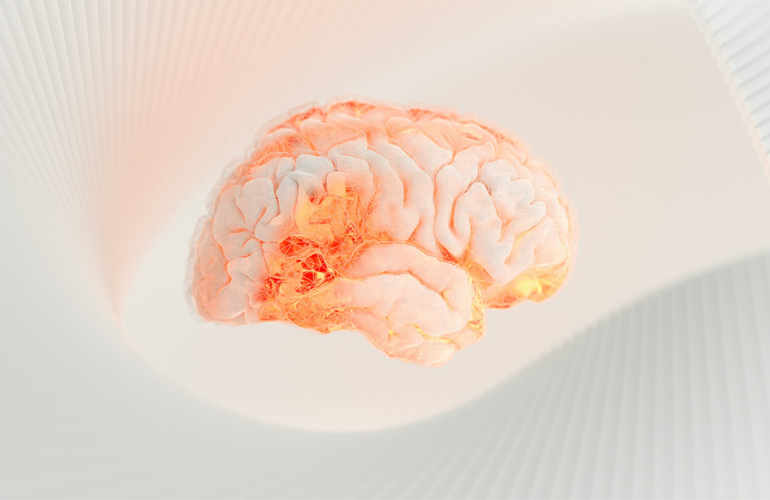Merge Labs, Valued at $850 Million, Recruits Caltech's Mikhail Shapiro for Non-Invasive BCI Innovation

Sam Altman's brain-computer interface (BCI) venture, Merge Labs, has reportedly secured the expertise of award-winning biomolecular engineer Mikhail Shapiro, signaling a significant advancement in its pursuit of non-invasive neural technology. Shapiro, a distinguished Max Delbrück Professor of Chemical & Medical Engineering at Caltech and an Investigator at the Howard Hughes Medical Institute (HHMI), is expected to join Merge Labs' founding team and assume a pivotal leadership role, according to sources familiar with the development. This strategic hire underscores Merge Labs' commitment to a distinct approach in the rapidly evolving field of applied neuroscience.
Merge Labs, co-founded by Sam Altman and Alex Blania, aims to develop advanced BCIs that leverage ultrasound and gene therapy to interact with brain activity, circumventing the need for surgical implantation. This methodology presents a stark contrast to more invasive BCI solutions, such as those pioneered by Elon Musk's Neuralink. Shapiro's extensive research at Caltech has focused on developing non-invasive methods for neural imaging and control, including the use of ultrasound to modulate brain function and gene therapy to render cells responsive to acoustic signals.
The company's direction aligns with Altman's previously articulated vision for brain-computer interaction. > "I would like to be able to think something and have ChatGPT respond to it. Maybe I want read-only. That seems like a reasonable thing," Altman stated, emphasizing a preference for thought-to-AI communication without invasive procedures. Merge Labs is reportedly seeking a substantial funding round of approximately $250 million, with OpenAI's venture arm identified as a potential investor, and the company is already valued at an estimated $850 million.
Shapiro's recruitment is seen as a key step in solidifying Merge Labs' non-invasive BCI strategy. His work has demonstrated the feasibility of creating brain-computer interfaces by genetically modifying cells to respond to ultrasound, offering an alternative to inserting electrodes directly into brain tissue. This innovative path is poised to unlock new treatment options and drive significant breakthroughs in applied neuroscience, a domain recognized for its readiness for transformative advancements.